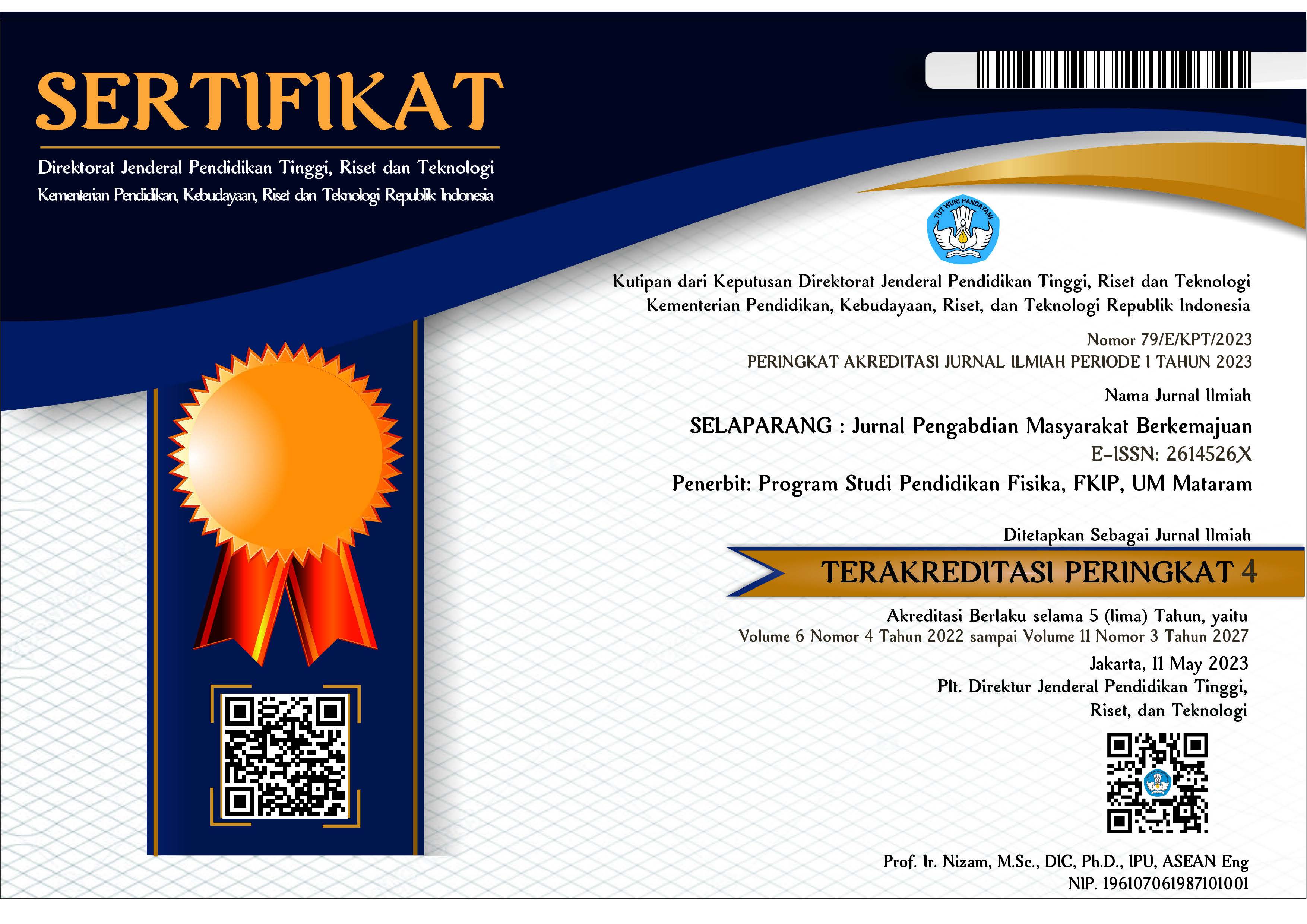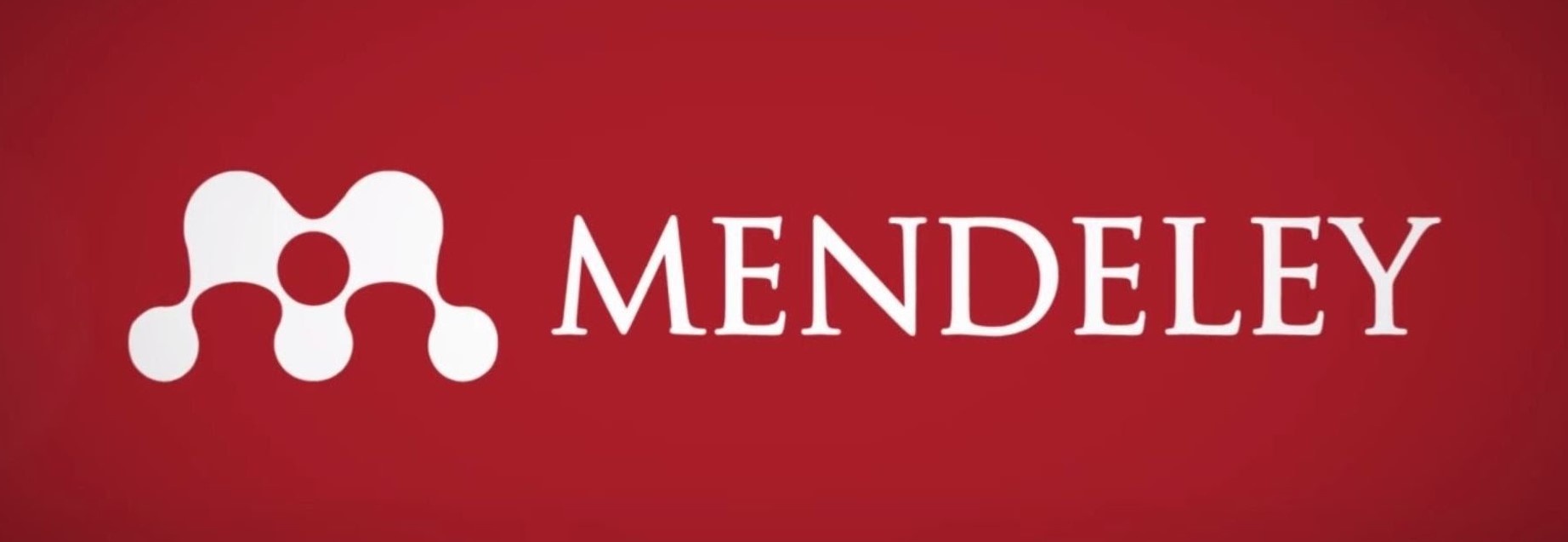Pemanfaatan teknologi kecerdasan buatan untuk guru kinderstation school
Abstract
Abstrak
Kemajuan dalam bidang teknologi informasi dan komunikasi telah menyebabkan perubahan besar dalam berbagai aspek kehidupan, terutama dalam bidang pendidikan. Era pendidikan dewasa ini ditandai oleh integrasi teknologi canggih seperti AI, machine learning, dan internet of things (IoT) dalam proses pembelajaran. Untuk mengatasi permasalahan tersebut, program pengabdian kepada masyarakat ini dirancang untuk meningkatkan pemahaman dan keterampilan praktis guru dan pengajar di Kinderstation School Yogyakarta dalam memanfaatkan teknologi AI dalam proses pembelajaran. Kegiatan pelatihan dilaksanakan dalam dua kali pertemuan (10 Juli 2024 dan 17 Juli 2024), dimana pertemuan pertama membahas mengenai pengenalan teknologi AI dan pertemuan kedua merupakan pelatihan penggunaan teknologi AI dalam dunia pendidikan. Sebelum pertemuan pertama diberikan pre-test untuk mengukur tingkat pemahaman awal para peserta mengenai teknologi AI dalam dunia pendidikan. Nilai rata-rata (mean) berkisar antara 2,24 hingga 3,53, menunjukkan bahwa sebagian besar peserta belum memiliki pemahaman yang mendalam tentang AI. Kemudian setelah pertemuan kedua, diberikan lagi post-test untuk mengukur tingkat pemahaman para peserta setelah pelatihan. Nilai rata-rata (mean) yang berkisar antara 4,06 hingga 4,35 menunjukkan peningkatan pemahaman dan keyakinan yang cukup besar di kalangan peserta. Hasil pengukuran pada pre-test dan post-test menunjukkan bahwa pelatihan pemanfaatan teknologi AI dalam dunia pendidikan berhasil meningkatkan pemahaman, keyakinan, dan kesiapan peserta dalam mengadopsi AI. Peningkatan di semua aspek menunjukkan bahwa pelatihan telah memberikan dampak positif yang signifikan.
Kata kunci: guru; kecerdasan buatan; pelatihan; teknologi.
Abstract
Information and communication technology advances have brought significant changes in various aspects of life, including education. Today's educational era is characterized by integrating advanced technology such as AI, machine learning, and the internet of things (IoT) in education. To overcome these problems, this community service program is designed to increase the understanding and practical skills of Kinderstation School Yogyakarta teachers in utilizing AI technology in the learning process. The workshops were carried out in two meetings (10 July 2024 and 17 July 2024), where the first meeting discussed the introduction of AI technology, and the second meeting was workshop on the use of AI technology in education. Before the first meeting, a pre-test was given to measure participants' initial understanding of AI technology in education. The mean scores ranged from 2.24 to 3.53, indicating that most participants do not yet have a deep understanding of AI. Then, after the second meeting, post-test was given to measure participants' knowledge after the workshop. The mean values ranging from 4.06 to 4.35 indicate a significant increase in understanding and confidence among participants. The measurement results in the pre-test and post-test show that workshops on the use of AI technology in education increased participants' understanding, confidence, and readiness to adopt AI. The increase in all aspects shows that the workshop has had a significant positive impact.
Keywords: artificial intelligence; teacher; technology; workshop.
Keywords
Full Text:
PDFReferences
Chiu, T. K. F., Xia, Q., Zhou, X., Chai, C. S., & Cheng, M. (2023). Systematic literature review on opportunities, challenges, and future research recommendations of artificial intelligence in education. Computers and Education: Artificial Intelligence, 4, 100118. https://doi.org/10.1016/j.caeai.2022.100118
Ghimire, A., Prather, J., & Edwards, J. (2024). Generative AI in Education: A Study of Educators’ Awareness, Sentiments, and Influencing Factors (Version 1). arXiv. https://doi.org/10.48550/ARXIV.2403.15586
Gökoğlu, S. (2024). Challenges and Limitations of Generative AI in Education: In R. C. Sharma & A. Bozkurt (Eds.), Advances in Educational Technologies and Instructional Design (pp. 158–181). IGI Global. https://doi.org/10.4018/979-8-3693-1351-0.ch008
Karsenti, T. (2019). Artificial intelligencein education:The urgent need to prepareteachers for tomorrow’s schools. Formation et profession, 27(1), 105. https://doi.org/10.18162/fp.2019.a166
Karyadi, B. (2023). Pemanfaatan Kecerdasan Buatan Dalam Mendukung Pembelajaran Mandiri. Educate : Jurnal Teknologi Pendidikan, 8(02), Article 02. https://doi.org/10.32832/educate.v8i02.14843
Lin, M. P.-C., & Chang, D. (2020). Enhancing Post-secondary Writers’ Writing Skills with a Chatbot: A Mixed-Method Classroom Study. Journal of Educational Technology & Society, 23(1), 78–92.
Miranda, J., Navarrete, C., Noguez, J., Molina-Espinosa, J.-M., Ramírez-Montoya, M.-S., Navarro-Tuch, S. A., Bustamante-Bello, M.-R., Rosas-Fernández, J.-B., & Molina, A. (2021). The core components of education 4.0 in higher education: Three case studies in engineering education. Computers & Electrical Engineering, 93, 107278. https://doi.org/10.1016/j.compeleceng.2021.107278
Nyutu, E., Cobern, W. W., & Pleasants, B. A.-S. (2020). Correlational Study of Student Perceptions of their Undergraduate Laboratory Environment with respect to Gender and Major. International Journal of Education in Mathematics, Science and Technology, 9(1), 83–102. https://doi.org/10.46328/ijemst.1182
Rochmawati, D. R., Arya, I., & Zakariyya, A. (2023). MANFAAT KECERDASAN BUATAN UNTUK PENDIDIKAN. Jurnal Teknologi Komputer Dan Informatika, 2(1), 124–134. https://doi.org/10.59820/tekomin.v2i1.163
Rodríguez-Abitia, G., Martínez-Pérez, S., Ramirez-Montoya, M. S., & Lopez-Caudana, E. (2020). Digital Gap in Universities and Challenges for Quality Education: A Diagnostic Study in Mexico and Spain. Sustainability, 12(21), 9069. https://doi.org/10.3390/su12219069
Suariqi Diantama. (2023). Pemanfaatan Artificial Intelegent (AI) Dalam Dunia Pendidikan. DEWANTECH Jurnal Teknologi Pendidikan, 1(1), 8–14. https://doi.org/10.61434/dewantech.v1i1.8
Winkler, R., & Soellner, M. (2018). Unleashing the Potential of Chatbots in Education: A State-Of-The-Art Analysis. Academy of Management Proceedings, 2018(1), 15903. https://doi.org/10.5465/AMBPP.2018.15903abstract
Wong, L.-H., & Looi, C.-K. (2024). Advancing the generative AI in education research agenda: Insights from the Asia-Pacific region. Asia Pacific Journal of Education, 44(1), 1–7. https://doi.org/10.1080/02188791.2024.2315704
Wulandari, R. (2023). DAMPAK PERKEMBANGAN TEKNOLOGI DALAM PENDIDIKAN. Jurnal PGSD Indonesia, 9(2), Article 2.
Xia, Q., Chiu, T. K. F., Lee, M., Sanusi, I. T., Dai, Y., & Chai, C. S. (2022). A self-determination theory (SDT) design approach for inclusive and diverse artificial intelligence (AI) education. Computers & Education, 189, 104582. https://doi.org/10.1016/j.compedu.2022.104582
DOI: https://doi.org/10.31764/jpmb.v8i3.25728
Refbacks
- There are currently no refbacks.

This work is licensed under a Creative Commons Attribution-ShareAlike 4.0 International License.
______________________________________________________
Jurnal Selaparang
p-ISSN 2614-5251 || e-ISSN 2614-526X
EDITORIAL OFFICE:



















